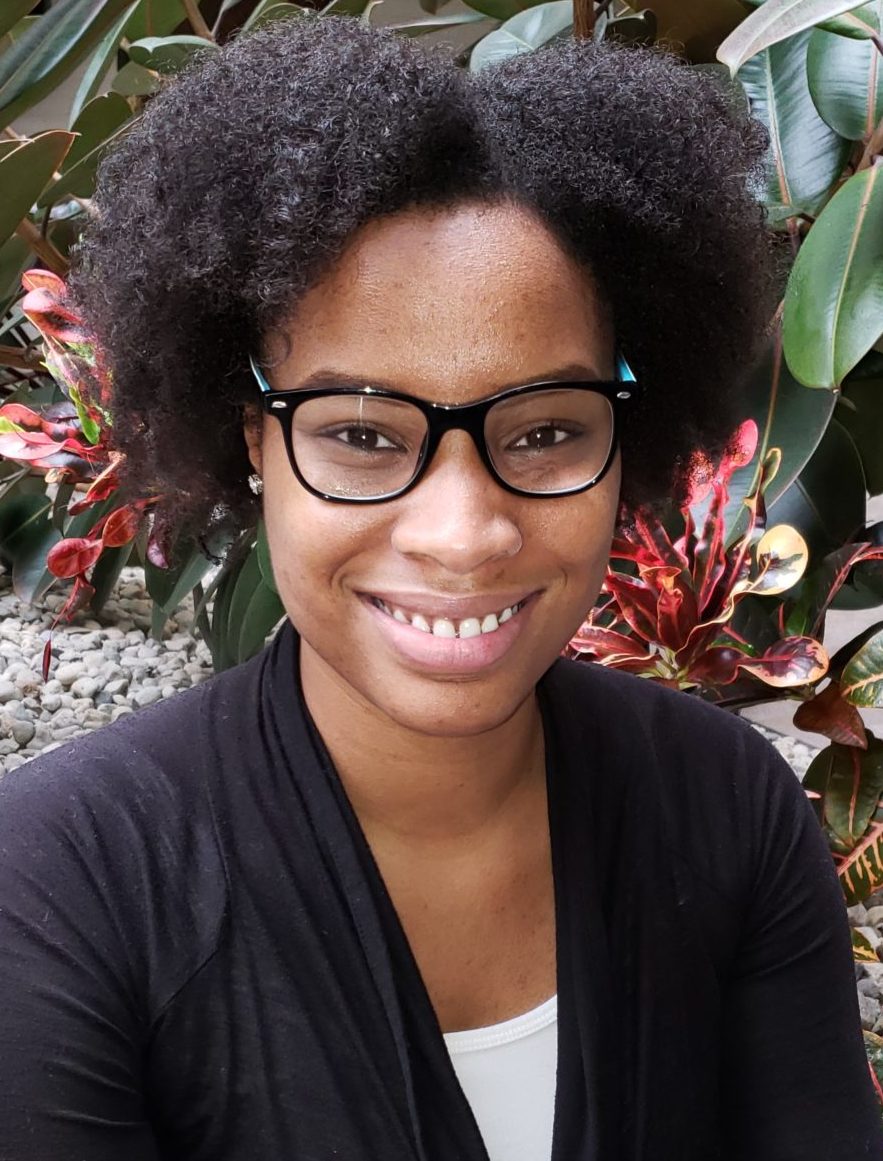
05 Sep Help! My Teen is Having Sex
Wouldn’t it be lovely if we were provided handbooks that cover every aspect of parenting? A “how-to” for getting through everything from potty training, the terrible twos, the emotional roller coaster of puberty, and of course ‘gulp’ when our kids start “doing it.” I know, I know…the realization that “my teen is having sex” is every parent’s nightmare. No one wants to venture down that dark and scary path, but the reality is that many teenagers are exploring their sexuality. After making room for the initial shock that comes with this, you may be asking “What can I do?” Although a nifty handbook does not exist, below you will find some useful tips on how to best respond when you believe your teen is having sex.
Avoid Reacting Right Away
Either you have parental intuition telling you that something has changed, or you have received confirmation. No matter the case, most parents want to react immediately. However, it is important to avoid this initial impulse and instead take time to process through your own thoughts and feelings about your teen becoming sexually active. When we react, instead of responding, we often do so from a place of heightened emotion. It is natural to experience a mixed bag of emotions, especially if having premarital sex goes against your personal values. It can be helpful to reflect on your own experiences. How did your parents respond when they found out that you were sexually active? Was their response helpful? Hurtful? How could your experience have been better? Asking yourself these questions can help you to respond as opposed to react, creating a calmer space to address your teen’s behavior.
Let’s Talk: Having an Open Dialogue
Eek! We really have to talk about this? The short answer is yes, but it does not have to be as painful or awkward as you may be imagining. If you have taken the time to process through your own thoughts and feelings, and possibly reflected on your own experiences, much of the initial shock may have worn off already. Talking to your teen about sex and sexuality is not only important, but can establish healthy communication with your teen. Most teenagers learn most of what they know about S-E-X from friends, school, home (if it is discussed), and pornography (yes, unfortunate. I know). Needless to say, they have already made a choice to have sex and they likely have reasons that rationalize this decision. Encourage your child to share their perspective on sex and how they made their decision. By asking non-judgmental probing questions you can avoid the potential ‘shut down’ reaction your teen may have. Examples of non-judgmental questions to start the conversation include: What about this partner or the timing made this feel right? Do you feel different about it now? How are you being safe with you health and body to avoid STDs and pregnancy? After listening to their point of view, feel free to share your own beliefs and values regarding your child’s behavior. If you feel strongly that having sex is inappropriate or goes against the family values, share this with your child. Your child likely knows what your opinion is as their parent, but it is important that they also understand the reasons behind why you believe this level of intimacy is inappropriate for them.
Setting Boundaries for Your Teen
Uncomfortable conversation out of the way, now it is time for you to set some boundaries. Your teen may disagree with your opinion, but you can help them to be responsible and safe by establishing rules to help them avoid temptation. This may include setting a rule about being alone with a peer in their bedroom or other private places in the home, or creating opportunities to get to know your teen’s significant other. Whatever those boundaries and rules are, make sure they are clear and communicated well to your teen. All feelings, including sexual feelings, are natural and are an expected part of human development. Ultimately, you want to help your child be successful with identifying their own values and learning to act accordingly.
Our trained and licensed child and family therapists can assist you and your child with navigating difficult conversations such as this, providing support and guidance as you process through your child’s sexual activity.

Amber is a licensed clinical social worker who earned her Master of Social Work degree from The University of Illinois at Urbana-Champaign. She also holds a Bachelor’s of Arts degree in Applied Psychology from the University of Illinois at Chicago. Amber has six years of experience working with children, teens, young adults and their families in a variety of settings, including residential, juvenile probation and outpatient therapy.



Sorry, the comment form is closed at this time.